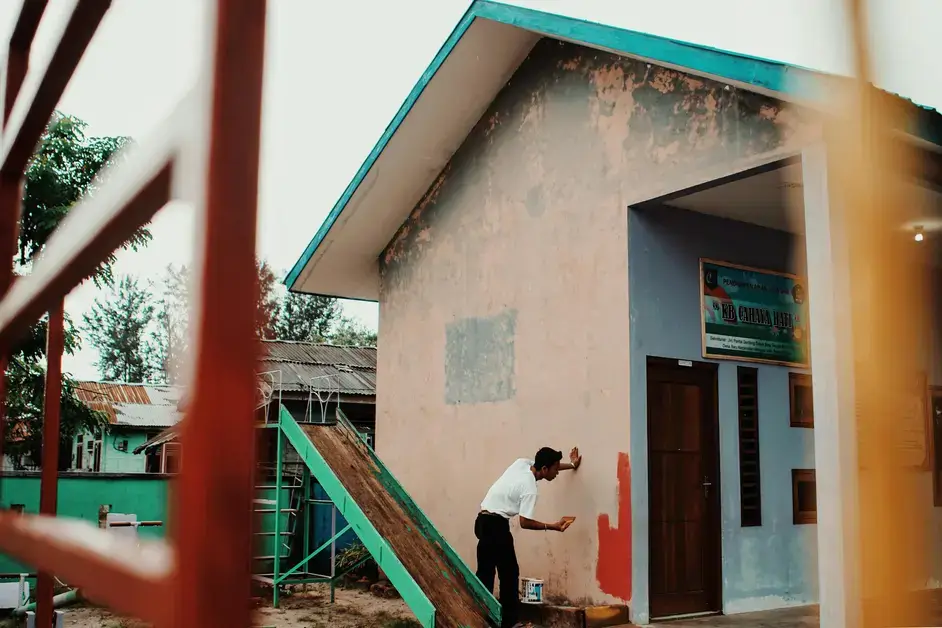Gravel driveways or driveway stones, including those made with driveway stone, have long been a popular choice for homeowners due to their durability, versatility, and rustic appeal. However, one of the primary concerns for those considering a gravel driveway is the cost. In 2024, various factors contribute to the overall cost of a driveway stone or gravel driveway, making it essential to understand these factors to budget effectively.
Factors Affecting Gravel Driveway Or Driveway Stones Cost
Gravel driveway costs can vary significantly based on several factors:
Material Costs
The type and quality of gravel used play a significant role in determining the overall cost of the driveway. Different types of gravel, such as pea gravel, crushed stone, or decomposed granite, have varying costs per cubic yard. Additionally, factors like color and texture can affect the price.
Labor Costs
Labor expenses also impact the total cost of a gravel driveway. The complexity of the installation process, including excavation, grading, and compacting the gravel, will influence the labor costs. Additionally, labor rates may vary depending on the location and the experience of the contractor.
Size and Shape of Driveway
The size and shape of the driveway directly correlate with the total material and labor required, thereby affecting the overall cost. Larger driveways will naturally require more materials and labor, leading to higher costs.
Location and Accessibility
The geographical location of the property can influence the cost of materials and labor. Remote areas may incur higher transportation costs for materials, while challenging terrain could increase labor expenses.
Preparation Work Needed
The condition of the site before installation can impact the cost of a gravel driveway. Additional preparation work, such as clearing vegetation, removing existing pavement, or addressing drainage issues, may incur extra expenses.
Average Cost of Gravel Driveways Or Driveway Stones
While the cost of gravel driveways can vary widely, there are average figures that homeowners can use as a guideline.
National Average
As of 2024, the national average cost for installing a gravel driveway ranges from $1,500 to $3,500 for a standard single-car driveway. However, this figure can increase significantly for larger or more intricate driveways.
Regional Variances
It’s essential to consider regional variations when estimating the cost of a gravel driveway. Factors such as local material prices, labor rates, and climate conditions can influence the overall cost.
Cost Breakdown

Understanding the breakdown of costs can provide insight into where the expenses lie.
- Material Costs: On average, materials account for approximately 50% to 60% of the total cost of a gravel driveway. This includes the cost of gravel, sand, geotextile fabric (if used), and any additional materials required for the base.
- Labor Costs: Labor typically makes up the remaining 40% to 50% of the total cost. This includes excavation, grading, compacting, and finishing the driveway.
- Additional Costs: Homeowners should budget for additional expenses such as equipment rental, permits, and any necessary site preparation or repairs.
DIY vs. Professional Installation
Homeowners often debate whether to tackle gravel driveway installation as a DIY project or hire a professional contractor.
Pros and Cons of DIY
DIY installation can potentially save money on labor costs, but it requires significant time, effort, and skill. Improper installation can lead to issues such as uneven surfaces, poor drainage, and premature deterioration.
Advantages of Professional Installation
Hiring a professional contractor ensures expertise, efficiency, and adherence to industry standards. While it may involve higher upfront costs, professional installation can result in a durable and aesthetically pleasing driveway with fewer maintenance issues.
Tips for Cost-Effective Gravel Driveways Or Driveway Stones
For those looking to minimize costs without compromising quality, consider the following tips:
- Proper Planning
Careful planning and accurate measurements can help avoid unnecessary expenses and ensure optimal use of materials.
- Comparison Shopping
Obtaining multiple quotes from reputable contractors allows homeowners to compare prices and services, ensuring they get the best value for their investment.
- Maintenance Considerations
Regular maintenance, such as grading, adding fresh gravel, and addressing drainage issues, can extend the lifespan of the driveway and reduce long-term costs.
Conclusion
In conclusion, the cost of a gravel driveway or driveway stones in 2024 varies depending on multiple factors, including material choices, labor expenses, and site conditions. By understanding these factors and following cost-saving tips, homeowners can budget effectively and enjoy the benefits of a durable and visually appealing driveway.
Q: Can I install a gravel driveway myself?
A: While DIY installation is possible, it requires proper equipment, skills, and time commitment to ensure a quality result.
Q: How long does a gravel driveway last?
A: With proper maintenance, a gravel driveway can last 10 to 20 years or more.
Q: Are there alternatives to traditional gravel for driveways?
A: Yes, alternatives such as recycled asphalt, crushed shell, and permeable pavers offer different aesthetics and performance characteristics.
Q: Do gravel driveways require a lot of maintenance?
A: Regular maintenance, including grading and adding fresh gravel, is necessary to preserve the driveway’s integrity and appearance.
Q: Can I save money by using cheaper gravel?A: While opting for cheaper gravel may reduce upfront costs, it could compromise the durability and aesthetics of the driveway, leading to higher long-term expenses.



